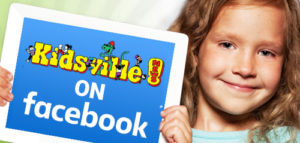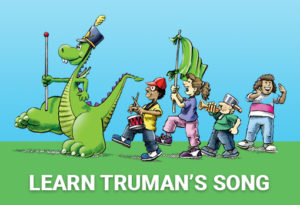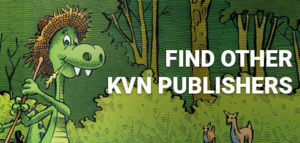Composting
Composting is a kind of recycling. It’s how nature reuses leaves and other plant materials. Dead plants are full of nitrogen and carbon. When the plants decompose, these nutrients go back into the earth and help other plants grow. People can compost at home as well. Instead of throwing leftover fruit and vegetable parts into a landfill to rot, they can be recycled and used in gardens. Thirty percent of the trash in landfills could have been composted. Here are some tips for composting: • Don’t compost meats, oils, milk, bones or sick plants. • Grass clippings and even newspapers are great additions to the compost pile. • You can use a pile or a bin; it depends on what is best for you and your yard. • Welcome the worms. Worms are great for compost piles; they help the decomposition process • Be patient. Composting can take anywhere from two months to two years. • The smaller the pile, the faster the process will finish. • Try to keep it moist — a dry pile won’t work. • Make sure the soil isn’t too tightly packed; air is an important part of the process. Turn the pile occasionally to let air in. • Line the bottom with small twigs and leaves. • It’s normal for the pile to be warm, between 90 and 140 degrees. • Make sure there is a good mix of material. • You can speed up the process by adding enzymes. • When the compost is finished, use it in the garden to help plants grow. There are many different ways to compost. There are bins, piles and all kinds of bacteria to add to the process. No matter how you do it, it is a great way to reduce waste and help the environment. People throw away left over plants every day. Everything from grass clippings from mowing the yard to potato skins is tossed in the trash. They are making landfills bigger and rotting. Instead they could be helping new plants grow in a beautiful garden. To learn more about composting, visit the following sources: www.michigan.gov/kids/0,4600,7-247-49067-62499–,00.html www.benefits-of-recycling.com/compostingforkids/ http://dnr.wi.gov/org/caer/ce/eek/earth/recycle/compost2.htm





